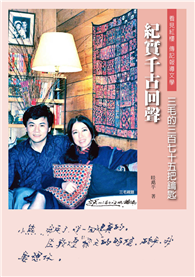Museums and the History of Computing examines the critical role that cultural organisations, such as museums and galleries, play in shaping ’digital heritage’ the cultural heritage surrounding computer technology.
Focusing on digital technologies as objects and practices that museums collect, exhibit, and preserve for the future, this book highlights how and why museums play a crucial role in preserving the rich heritage of the digital world, constructing powerful narratives that help make it relevant to the public. It demonstrates that the museum can be a powerful means of safeguarding and interpreting ephemeral and continually changing digital technology, offering new pathways for rethinking the very meaning of digital objects and practices in contemporary societies. It provides practices and strategies for the preservation and exhibition of computing artefacts and ways to accommodate and respond to narratives about histories of computing that circulate in the public arena. Bringing together leading museum and university researchers and practitioners, and mobilizing cross-cutting debates and approaches in areas such as museum studies, cultural heritage, history of technology, anthropology, and media studies, this book challenges us to think critically about what ’digital’ is when examined not only as a tool, but as a cultural object deserving of attention and a place within the museum.
Museums and the History of Computing is for museum studies students and researchers as well as museum practitioners - especially those with an interest in digital technology and heritage. It will be of interest to researchers and students interested on histories of computing and digital media and on digital media studies.












